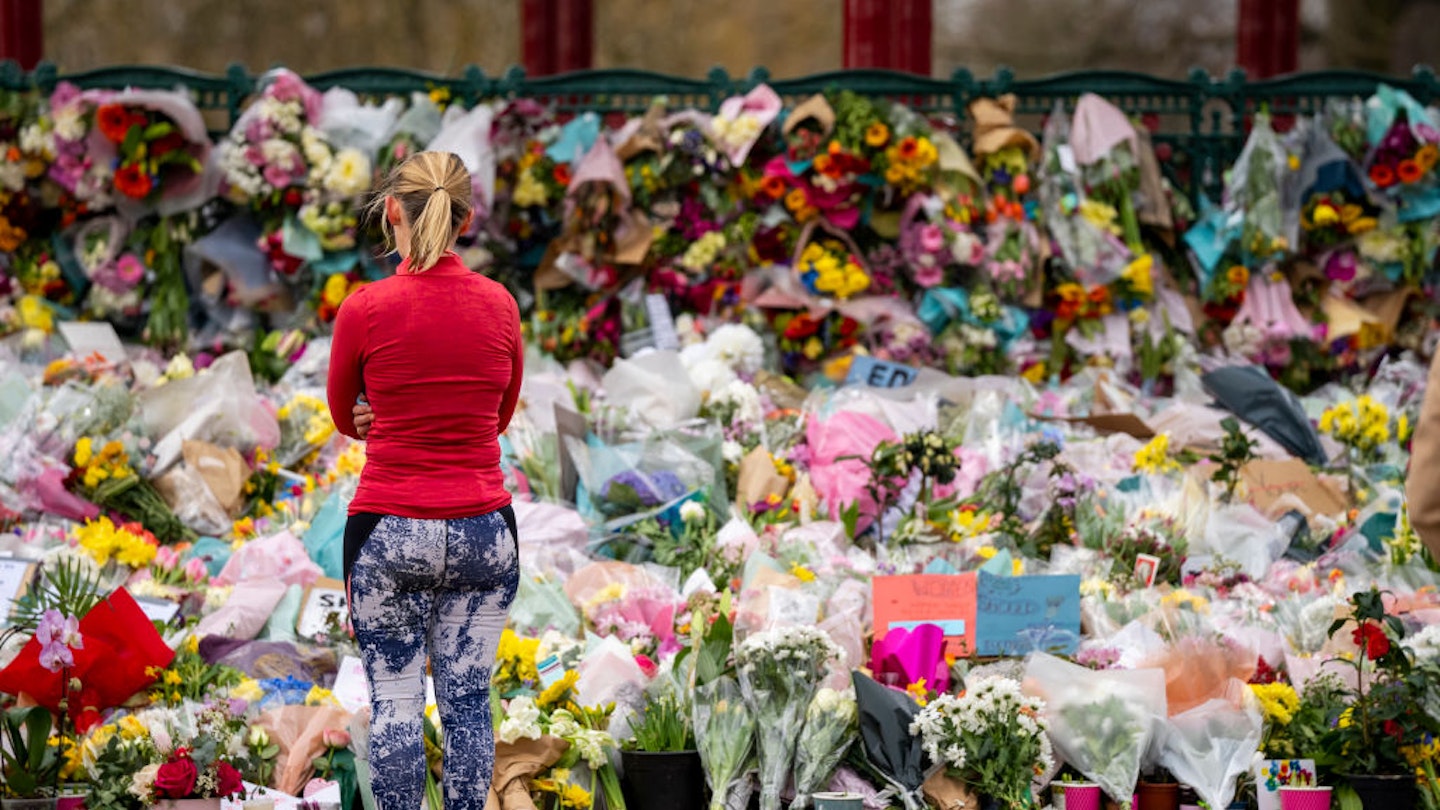A Met police constable, Wayne Couzens, has today appeared at the Old Bailey accused of murdering and kidnapping Sarah Everard, a 33-year-old marketing executive who vanished as she walked home from Clapham on March 3.
Sarah's body was later found in Kent woodland. Wayne Couzens, of Deal, Kent, appeared by videolink from Belmarsh Prison to hear a judge set a plea hearing for July 9 and a provisional trial (dependent on his plea) for October 25.
The case has received huge attention across the country and on social networks, with a subsequent movement forming, of women sharing stories of male violence they've experienced, the police treatment and the subsequent effect on their lives.
After Met Police stepped into a vigil on Clapham Common this weekend, handling women and throwing them to the ground - seen as a gross over-reaction by many women, especially given the circumstances and that a police officer being charged with Sarah's murder - the case became front-page news and there was huge anger online.
However, legal specialists are now urging those commenting on the specific case around Sarah's murder and her death, to be careful what they are saying - and to stop any speculation around the trial, the accused and what happened to Sarah.
Speaking at the hearing at the Old Bailey today, Prosecutor Tom Little QC noted the case had attracted an "almost unprecedented media and public attention".
Georgina Calvert-Lee, Head of UK Practice and Senior Counsel at McAllister Olivarius said that it was important people were careful about speculating about Wayne Couzens and the circumstances of Sarah's murder.
She said: 'It is a contempt of court to publish anything addressed to the public or a section of the public where it creates a substantial risk that the course of justice in active court proceedings will be seriously impeded or prejudiced. Criminal proceedings are active from the issue of a warrant for arrest. A social media post or a verbal statement, for example at a vigil in the park, counts as a “publication”, and since an arrest for murder has been made the criminal proceedings are “active”, so people must be careful that whatever they say does not create a substantial risk of prejudice to the proceedings.'
She also added: 'People should also note that making a defamatory or pejorative statement about someone else, which they do not know to be true, could, if untrue, lead to a claim for defamation and damages by the person discussed. It might also amount to harassment, which can itself lead to civil and criminal penalties, depending on the circumstances.'
But what could the circumstances of speculating on Wayne Couzens' case mean?
'Widespread social media comment may cause a trial to be relocated; but the individual who made the speech or posted the social media comment may face a fine or imprisonment for contempt of court,' said Ms Calvert-Lee.
This does not mean there has to be a social media blackout though - more women than ever have found social media an important place to meet and talk, and that is still possible. Ms Calvert-Lee adds: ' It is OK to discuss general issues of public interest which arise, for instance the general safety of women walking along the street, or concerns about policing, but some discussions are not OK. Assuming the accused is guilty is likely to be considered prejudicial; disclosing any previous convictions any accused person may have while they are awaiting trial is prejudicial; and could give rise to contempt of court proceedings.
'People should also note that making a defamatory or pejorative statement about someone else, which they do not know to be true, could, if untrue, lead to a claim for defamation and damages by the person discussed. It might also amount to harassment, which can itself lead to civil and criminal penalties, depending on the circumstances.'
READ MORE: Men, You Don’t Need To Be A Father, Husband Or Brother To Care About Violence Against Women
READ MORE: We're Not Panicking, We're Reacting. We're Not Hysterical, We're Angry.
